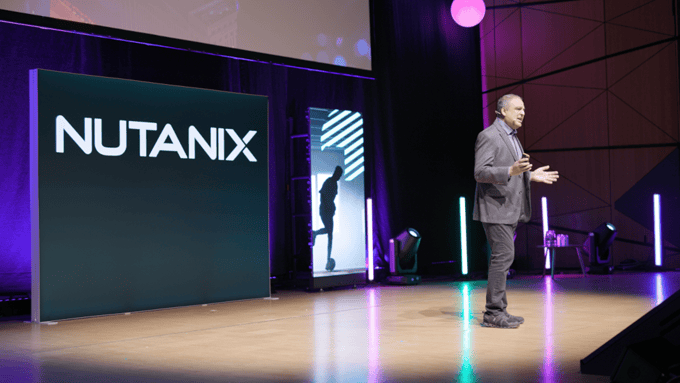Tackling decarbonisation in CH industry
A new white paper based on expert opinions and market interviews summarizes the most important topics related to decarbonization. It contains concrete recommendations for action for companies and the responsible management and provides extensive background information for interested experts and opinion leaders.

The decarbonisation of the economy and society poses enormous challenges for Swiss industry. An important driver of this change is the policy required by the Paris Agreement at global and also national level. It is already apparent that the fundamentals of the energy industry will be affected. All companies, especially those in the commercial and industrial sectors, must prepare for these changes.
Risks are continuously increasing
Siemens Schweiz AG supports the federal government's energy strategy and sees itself as a pioneer in the implementation of an effective climate policy in Switzerland, the company writes. In addition to the climate policy aspects, the decentralization of the energy system and digitalization are two other pillars that contribute to reshaping the energy landscape. At the same time, they would make decarbonisation technically possible in the first place. This change and the altered framework conditions would result in an urgent need for action for all companies. Those responsible for industrial companies also need to develop strategies and take measures to reduce potential risks, according to Siemens.
A project developed in collaboration with Swisscleantech and the consulting firm Delta-EE shows that the risks for companies that miss the opportunity to decarbonize are continuously increasing. With appropriate measures, however, the risks can be significantly reduced. On the other hand, decarbonization offers great opportunities that go beyond long-term financial savings: A better brand image, customer preference over competitors and attractiveness for investors are some of the advantages for companies that go hand in hand with decarbonisation.
The individual strategies vary from company to company, but would generally include concrete measures on the part of management, both in terms of energy consumption and energy supply, their own business performance, products and suppliers. The expert support provided by specialist companies is invaluable. They help managers prioritize the right measures throughout the company. Timely decarbonisation ensures long-term profitability.
The recommendations for action listed in the white paper range from tips for communicating with employees to defining the most important focus topics in connection with CO2 reduction in the company, as the technology company writes. The first step in implementation is to draw up a complete balance sheet of emissions. From this, a cost-optimal path to decarbonisation can be derived. (Source: Siemens)
The 26-page white paper is based on market surveys and expert opinions and can be downloaded here: Download Whitepaper
Other topics:
SMEs benefit from the Swiss Climate Foundation









